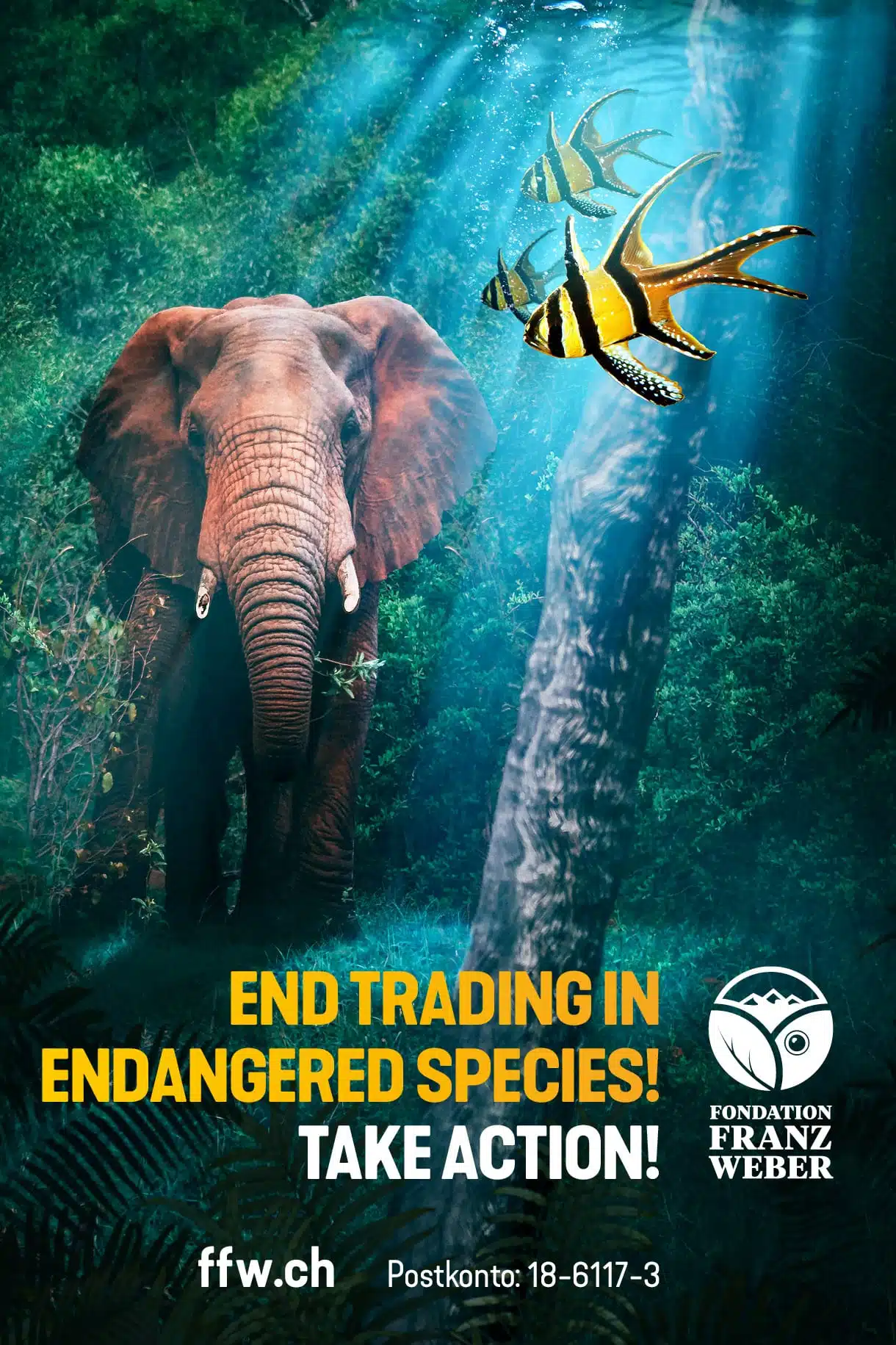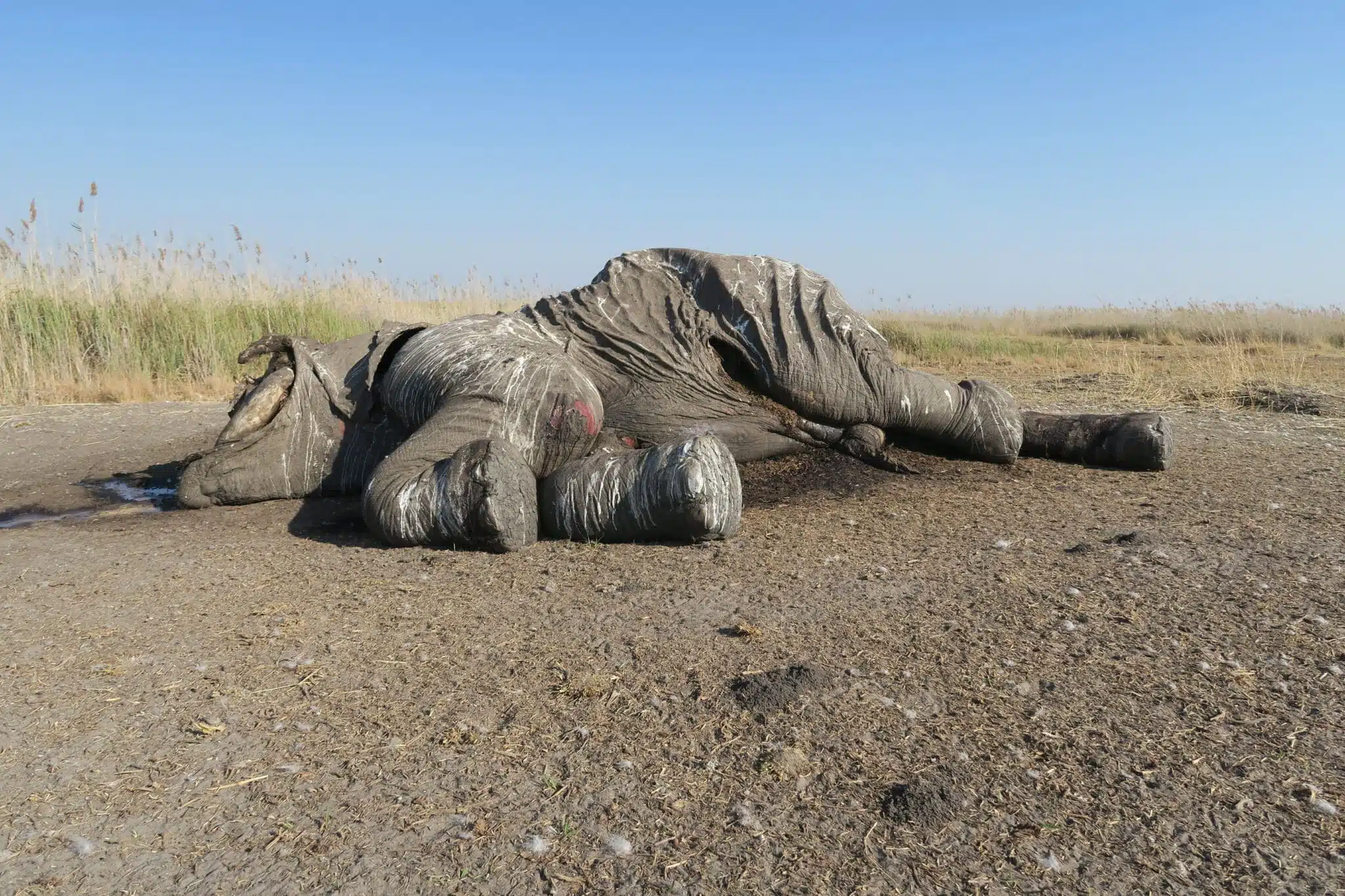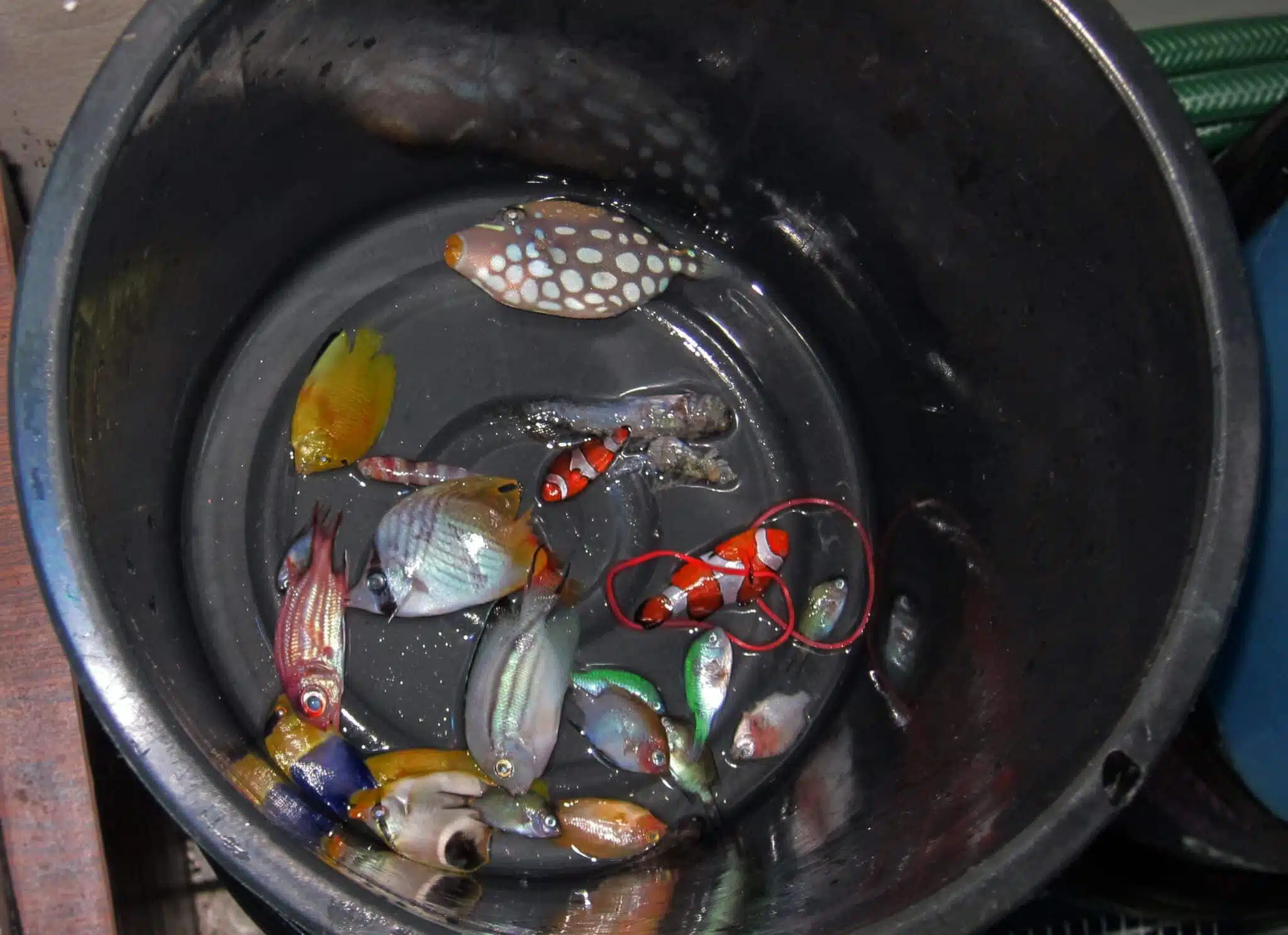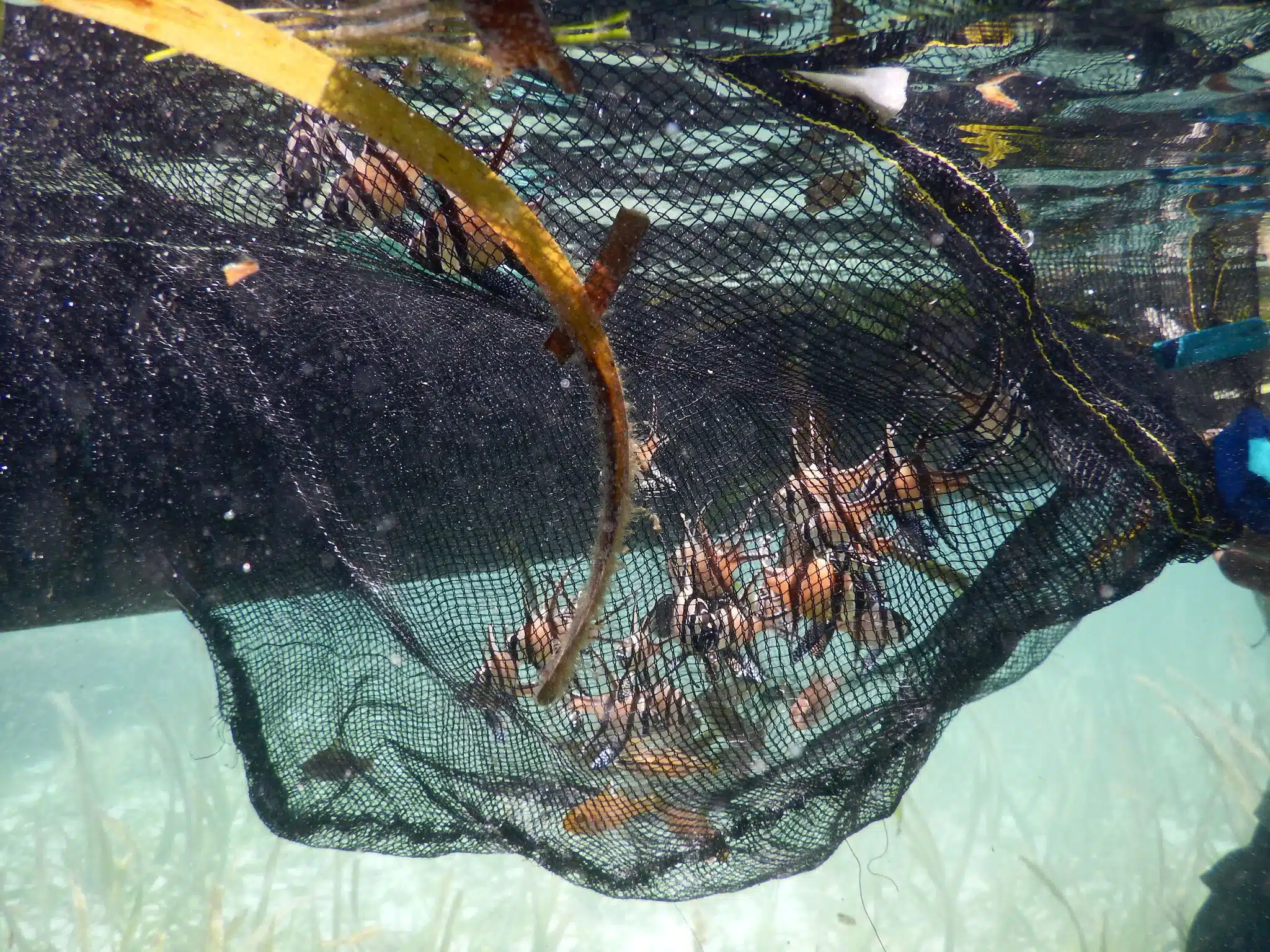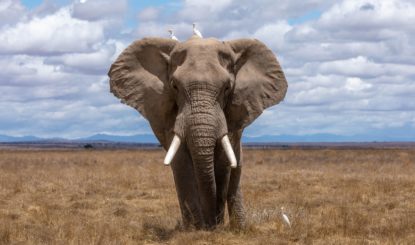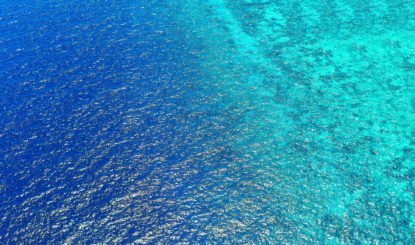CITES
End trading in endangered species!
The issue
Despite being in danger of extinction, endangered plants and animals can still be traded worldwide. There is a specific agreement relating to this trade: the Washington Convention (CITES) officially regulates the international trade in endangered species of wild fauna and flora. Every three years, the Conference of the Parties meets to make decisions on the trade in species; namely, which species should be better protected and which should be more freely marketed. The next Conference of the Parties will take place in 2022 in Costa Rica.
African elephants:
In the space of seven years, a third of African elephants were wiped out! The results of the large-scale African elephant census, carried out in 2016, revealed this. The main reasons for this tragedy are:
1. Poaching that is further fuelled by an insatiable global greed for ivory.
2. Loss of habitat as people continue to invade areas of untouched nature.
3. The trade in live elephants for zoos and circuses all over the world.
4. The ongoing practice of uncontrolled trophy hunting.
If nothing is done to fight hunting or to combat the displacement of these gentle giants, there is a risk that African elephants will become extinct in the wild, in less than 10 years!
Aquarium industry:
Global fish stocks are under threat because of the pollution of the oceans, global warming and overfishing. The natural habitats of the oceans are disappearing at an increasing rate. At the same time, animals are being snatched from the wild for private and public aquariums and this has a dramatic impact. There are around 1,000 public aquariums and millions of private aquarium owners worldwide. The aquarium industry can only meet the growing demand for marine animals by capturing them in the wild. At the moment, the international trade in coral fish is virtually unregulated – there are hardly any requirements for capturing, handling, transporting or keeping them. Right now it is not possible to monitor, or check, the trade in marine ornamental fish for the aquarium industry, or evaluate its impact.
Donation form
Our project
Although CITES is not an ideal convention; it has established a control and licensing system that effectively regulates international trade in species of flora and fauna. For this reason, Fondation Franz Weber, observer of the UN Convention CITES since 1989, operates within this system.
In addition, FFW supports the African Elephant Coalition (AEC) with its team of experts and scientists. The AEC is an alliance of 32 African member states with the aim of achieving an elephant population that is healthy and capable of surviving, without the threat of the international ivory trade.
FFW also strives to change the disastrous situation of marine ornamental fish. Our marine biologist Dr. Monica V. Biondo has published several scientific studies on the ornamental fish trade in Switzerland and in the European Union. Her conclusions highlight the urgency and necessity for more research. As a result of her findings, Switzerland, the European Union and the United States have submitted the document at CoP18 in 2019, which has been adopted by consensus, to conduct such research and present its findings at the next CoP (2022) so that measures may be taken to better protect ornamental coral reef fishes from international trade.
Further information:
- Massacre of elephants for ivory (PDF Article in Journal Franz Weber 128)
- African Elephant CoP18 – CITES must be held accountable (PDF Article in Journal Franz Weber 128)
- CITES – The aquarium industry under the microscope (PDF Article in Journal Franz Weber 128)
Our goals
- List all species of elephants in CITES Appendix I again (highest level of protection)
- Closing down of all domestic markets, even for antique ivory
- Adoption of clear and binding guidelines for trade in live elephants
- Better handling of ivory stocks
- Inclusion of further endangered marine ornamental fish in appendices of the CITES Convention
- Regulation, control and monitoring of marine ornamental fish for the aquarium industry
News

Animal protection
Basel Zoo euthanises elephant Heri: enough is enough!
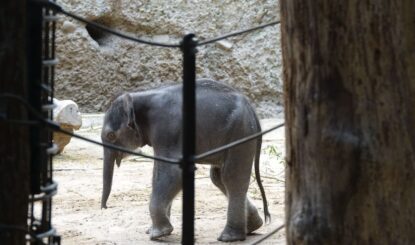
Animal protection
Birth of a baby elephant: Zurich Zoo is playing with fire
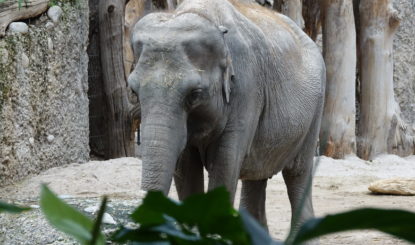
Animal protection
The elephant Ceyla-Himali had by no means reached a ‘venerable’ age
Facts and Figures
***
